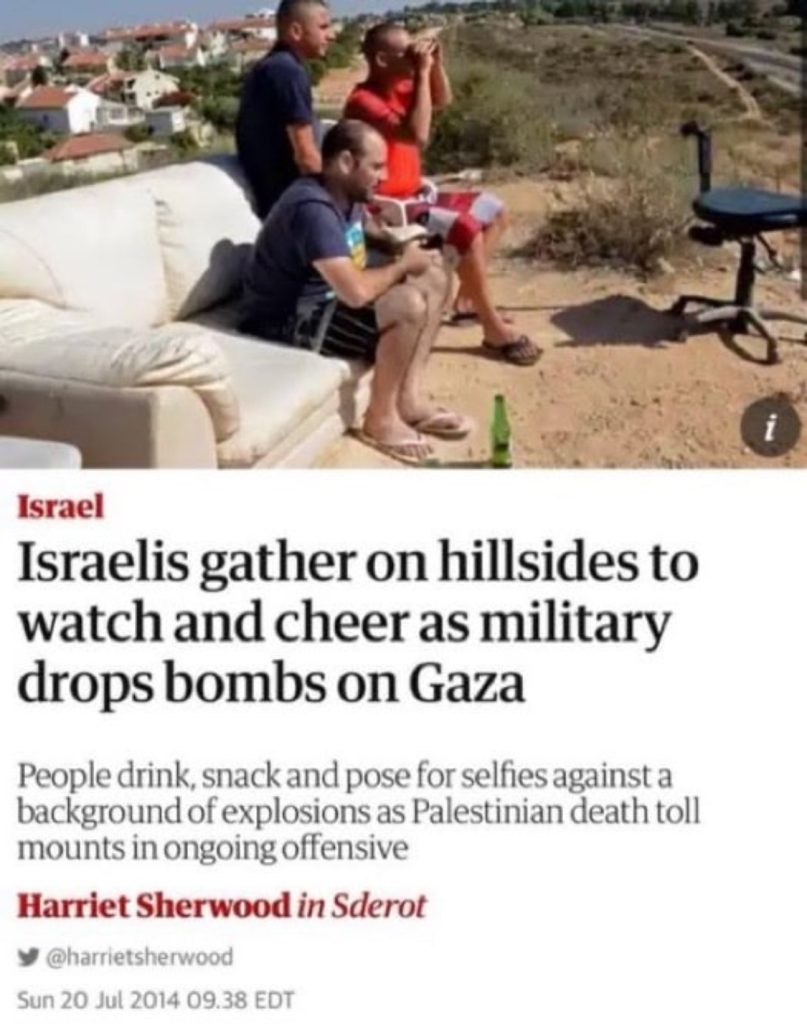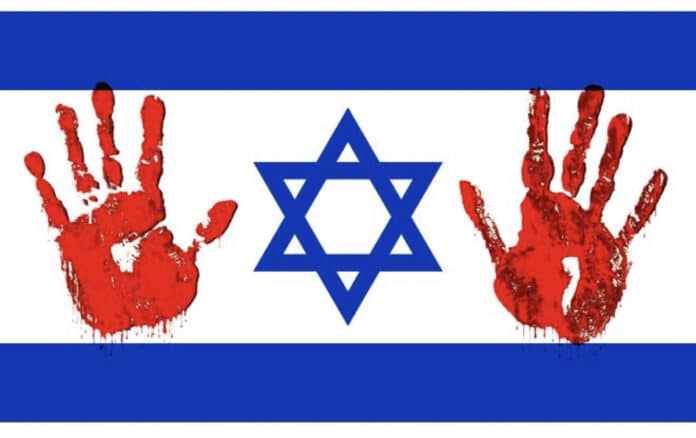The history of the Israeli–Palestinian conflict is one marked by repeated acts of dispossession, violence, and systemic oppression against Palestinians. This account presents a detailed timeline of atrocities, weaving in the voices of survivors and concluding with the unfolding events that many international experts now describe as genocide.
Timeline of Atrocities and Personal Accounts
1917 – The Balfour Declaration
The British government’s promise of a “national home for the Jewish people” in Palestine disregarded the political rights of the indigenous Palestinian Arab population, laying the foundations for decades of conflict and displacement.
1947–1949 – Nakba (“The Catastrophe”)
Following the UN Partition Plan, Zionist militias launched a campaign of terror and ethnic cleansing:
- Over 750,000 Palestinians expelled, over 400 villages destroyed.
Testimony – Fatima al-Muhtaseb:
“Our village was set alight. I remember clutching my mother’s hand as gunfire filled the air.”
- Deir Yassin Massacre (9 April 1948): Over 100 villagers brutally slaughtered.
Testimony – Mohammed Eid:
“Children were shot while they slept. There was no humanity.”
1956 – Kafr Qasim Massacre
Israeli border police killed 49 Palestinian civilians, despite their ignorance of an imposed curfew.
Testimony – Yusuf Sa’adi:
“They fired without warning, without pity.”
1967 – Six-Day War and Occupation
Israel captured the West Bank, Gaza Strip, East Jerusalem, and Golan Heights.
- Imwas, Yalo, Beit Nuba villages bulldozed.
- Hundreds of thousands became refugees once again.
Testimony – Amal Odeh:
“I saw my family’s home crumble to dust.”
1982 – Sabra and Shatila Massacre
Under Israeli control, Christian militias massacred between 800 and 3,500 Palestinians in Beirut.
Testimony – Leila Shaheen:
“There was blood in the streets. No one was spared.”
1987–1993 – First Intifada
The Palestinian uprising was met with brutal Israeli repression.
Testimony – Nasser Dawoud:
“The soldier grabbed my arm and smashed it with his rifle.”
2000–2005 – Second Intifada
Escalated violence across the occupied territories.
- Jenin Refugee Camp (2002): Bulldozers crushed homes, often with residents inside.
Testimony – Wafa Idris:
“We dug through the ruins with our hands, finding the dead.”
2008–2009 – Operation Cast Lead
Israel launched a massive assault on Gaza.
- 1,400 Palestinians killed, including over 300 children.
Testimony – Ahmed Abu Rjeila:
“The white fire fell from the sky. It did not spare the living.”
2012 – Operation Pillar of Defence
Air strikes killed more than 160 Palestinians.
Testimony – Reem Hamad:
“Each night, we said goodbye to each other, not knowing if we would wake.”
2014 – Operation Protective Edge

The deadliest assault on Gaza to date.
- Over 2,200 Palestinians killed, including over 500 children.
Testimony – Nour al-Sersawi (Age 9):
“The house shook, and then there was silence. My sister was gone.”
2018–2019 – Great March of Return
Palestinians marched peacefully to demand the right of return and an end to the blockade.
- Israeli snipers killed over 200 unarmed protesters.
Testimony – Razan al-Najjar (medic, before being killed):
“We are here to save lives, not to take them.”
2021 – May Bombardment of Gaza
Israeli air raids killed at least 260 Palestinians in 11 days.
Testimony – Mariam Issa:
“The bombs rained down even on the hospitals.”
2023–2025 – Ongoing Genocide in Gaza and the West Bank
Since October 2023, Israel has conducted what numerous international human rights organisations and scholars have termed an ongoing genocide against Palestinians, especially in Gaza.
- Casualties: By early 2025, over 45,000 Palestinians (mostly civilians) have been killed, including over 18,000 children.
- Destruction: Entire neighbourhoods, hospitals, UN shelters, and refugee camps have been obliterated.
- Tactics: Siege warfare denying food, water, and medical supplies; mass displacement; indiscriminate bombings.
- West Bank Escalation: Settler pogroms, military raids, and mass imprisonments continue unabated.
Testimony – Layla Al-Tamimi (Gaza, January 2024):
“We lived on stale bread and rainwater. My son died not from bombs, but from hunger.”
Testimony – Ahmed Awad (West Bank resident):
“They came in the night. They burned homes while families slept inside.”
Numerous legal scholars, including leading genocide experts such as Professor Craig Mokhiber (former UN official), have explicitly accused Israel of perpetrating acts that meet the legal definition of genocide under the 1948 Genocide Convention.
Reports and Developments:
- ICJ Proceedings: In late 2024, South Africa brought a case against Israel before the International Court of Justice, charging it with committing genocide against the Palestinian people.
- UN Special Rapporteurs: Called it “a textbook case of genocide unfolding before our eyes.”
Testimony – UN Humanitarian Coordinator (anonymous):
“Nowhere is safe. This is an extermination, not a war.”
In summary, the history of Israel’s atrocities against Palestinians is not confined to the past. It is a present, unfolding catastrophe.
From the Nakba in 1948 to the current devastation in Gaza and the West Bank, Palestinians have endured ethnic cleansing, apartheid, occupation, and now genocide. The world’s failure to enforce international law and hold Israel accountable has emboldened systematic violence.
Yet despite everything, the Palestinian spirit of steadfastness (Sumud) endures — a testament to the will of a people who refuse to be erased.
Sources
- United Nations Office for the Coordination of Humanitarian Affairs (OCHA) Reports
- B’Tselem – The Israeli Information Center for Human Rights in the Occupied Territories
- Amnesty International: “Israel’s Apartheid against Palestinians” (2022)
- Human Rights Watch: “A Threshold Crossed” Report (2021)
- The Kahan Commission Report (1983)
- Goldstone Report (2009, UN Fact-Finding Mission on the Gaza Conflict)
- Pappe, Ilan. The Ethnic Cleansing of Palestine (2006)
- Khalidi, Rashid. The Hundred Years’ War on Palestine (2020)
- Al Jazeera English Archives
- Middle East Monitor (MEMO)
- UN Human Rights Council Reports (2023–2025)
- Eyewitness testimonies from Palestinian media outlets and NGOs such as Euro-Med Monitor and Defence for Children International–Palestine







